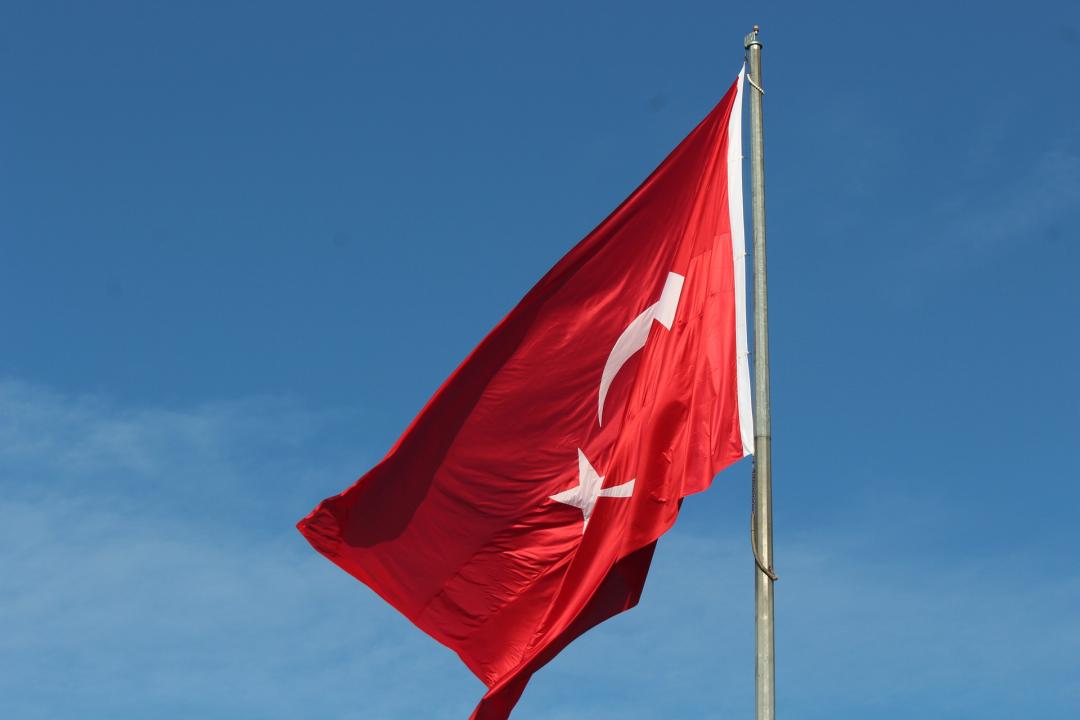
Turkey’s Steady Foreign Policy

Despite the transformative elections in mid-2023, Turkey’s foreign policy is unlikely to undergo structural changes. Seeking greater influence in neighboring regions, especially the South Caucasus, will remain at the heart of Ankara’s foreign policy.
For Turkey, 2023 might be a turning point in its internal political life as well as external affairs. Regardless of who wins, the upcoming presidential and parliamentary elections will determine the course of Turkey's internal development. Whether this will be the case for Ankara's foreign policy is a completely different question. Subtle changes are inevitable.
Turkey's role in NATO may be revisited; Ankara might increase cooperation with the alliance on a number of issues, ranging from security to the military, which has been contentious thus far. Likewise, efforts to reduce tensions with the US or Greece are expected. However, no radical foreign political changes are expected. It is unlikely that a potential new Turkish government will deviate from the path of increasing Turkey’s role in its bordering regions. For example, in the South Caucasus, Turkey will continue to promote the development of East-West infrastructure, which in turn will be of great relevance to the expanding Middle Corridor, which aims at connecting the Black Sea with Central Asia/China.
Turkey’s active foreign policy is also inevitable due to its geographical location. Turkey borders five geopolitically important regions: the Black Sea, the South Caucasus, Syria-Iraq, the Balkans, and the Mediterranean Sea. All of these areas represent distinct geographical spaces, but each is linked to the others in some way. Geopolitical tensions of varying intensity prevail in all these regions.
Moreover, since Ankara is well aware of Russia’s weaknesses, it is striving to take advantage of Moscow’s preoccupation with Ukraine. Russia’s position in the South Caucasus is notoriously unstable. Declining prestige, economic weaknesses, deepening mistrust with allies, and, most importantly, the severe military defeats experienced in Ukraine -all these trends have not appeared recently but rather are the result of long-lasting developments spanning years, if not decades. Russia will need to make great military and economic efforts and, most importantly, conduct a correct (mostly changed) foreign policy to maintain its influence in the South Caucasus and the rest of what once was the Soviet space.
Undoubtedly, the South Caucasus has become even more important for Turkey in terms of its developing relations with Central Asia. There, as well as in the South Caucasus, it is increasingly difficult for Russia to maintain its central position. Moreover, the countries of Central Asia do not want to operate within the so-called Russian-Chinese condominium, i.e., efforts to block non-regional actors from entering Central Asia. To succeed, Central Asian states seek to attract non-regional forces, and in this regard, Turkey is a weighty economic and political force.
Similar processes develop in the wider Black Sea region, which encompasses the South Caucasus, where the three small countries of Armenia, Azerbaijan, and Georgia, to a varying degree, seek greater involvement of non-regional powers in the region. A truly multipolar period has begun in the history of the Black Sea region and the South Caucasus when simultaneously several big players such as Turkey, Iran, Russia, the US, the European Union, and China all vie for dominance in the region. This is the end of the post-Soviet period in the South Caucasus: Russia is no longer the main player but increasingly one equal among many others. Iran, the EU, and especially Turkey now have more tools to influence the region. Today, this allows the small countries of the South Caucasus to maneuver more in foreign policy and potentially significantly strengthen their positions.
At the same time, Ankara’s relations with Russia will remain pragmatic but nonetheless highly competitive. From Syria to the South Caucasus, the two will strive to garner a bigger toolkit for power projection. Moscow loathes Ankara’s standing and its alliance with Azerbaijan but it also fears the creation of a Turkic arc along its southern border from the Black Sea to Central Asia.
Turkey and Russia will, however, remain cooperative on such broader subjects as opposed to liberal internationalism. While Russia seeks its complete destruction, Turkey’s approach to the liberal order is more nuanced: Ankara wants some elements of this order changed or rolled back. The two, however, will continue to share similar visions of “regionalism” when small regions in between Russia and Turkey should be “kept free” from [the influence of] non-regional actors.
By keeping Russia closer but also competing with it, Ankara has learned to maximise its benefits. The tactic (some might even rightfully call it a strategy) has worked so far, and considering the rising geopolitical stakes in the war in Ukraine, Ankara’s role for Moscow will only increase Turkey’s standing in global geopolitics.
Therefore, tensions between Turkey and some of its neighbors will likely persist as Ankara continues to seek greater influence commensurate with its ambitions in all five theaters along its borders. The relationship with Russia will occupy a crucial place in Turkey’s foreign policy. Fearful of potential changes to the balance of power in the Black Sea, Ankara should naturally seek to balance Moscow’s excessive behavior. Yet Turkey’s approach could be more subtle. If Russia manages to win the war in Ukraine or at least establish a zone of exclusive influence, this will send a clear signal to Turkey that a new era of spheres of influence has re-emerged and that Ankara should be more vocal about its aims in the Middle East and elsewhere.
Emil Avdaliani is a professor at European University and the Director of Middle East Studies at the Georgian think-tank, Geocase.
See Also


From Neorealism to Neoliberalism: Armenia’s Strategic Pivot in Foreign Policy After the Nagorno-Karabakh Conflict

Georgia and Russia: New Turn in Bilateral Relations

3+3 Initiative as a New Order in the South Caucasus

Economic Cooperation Between Armenia and Georgia: Potential and Challenges Ahead

